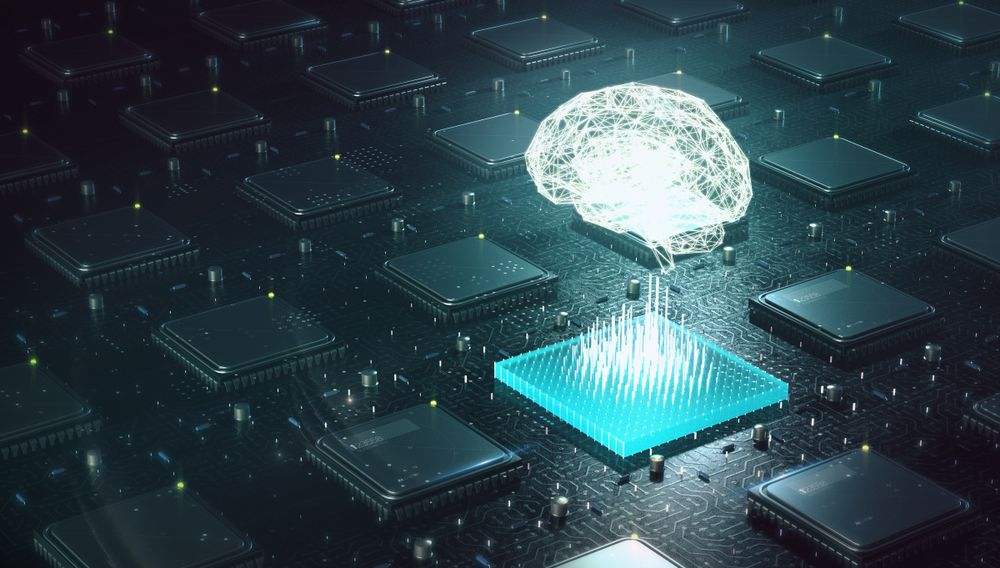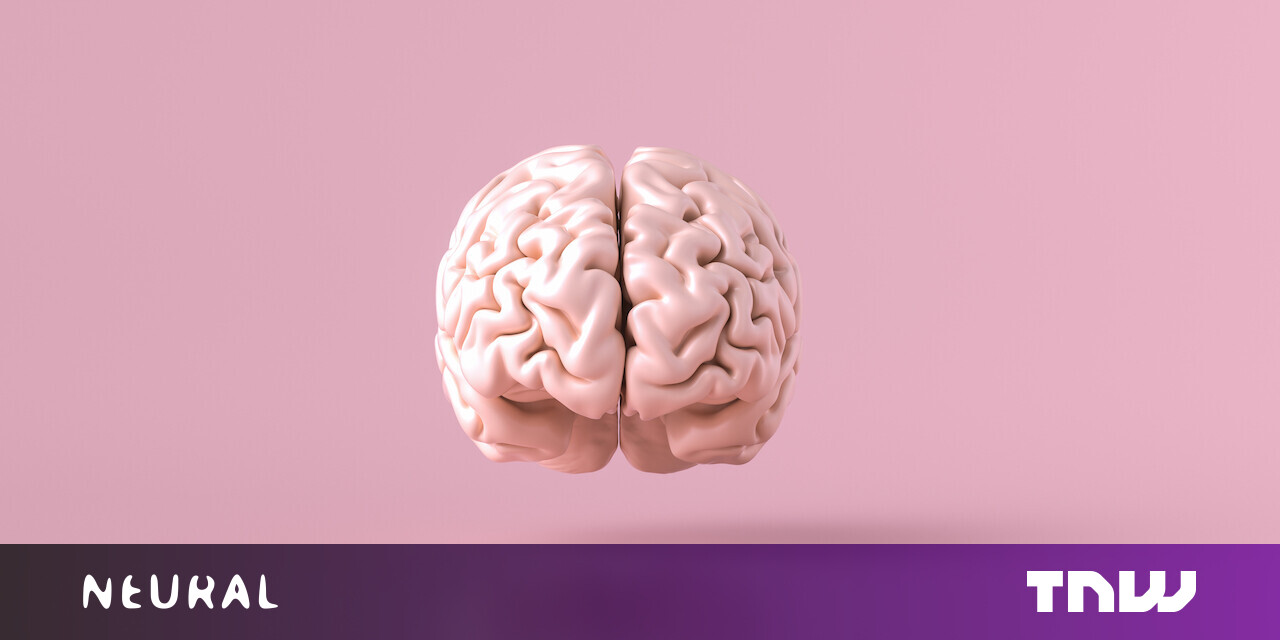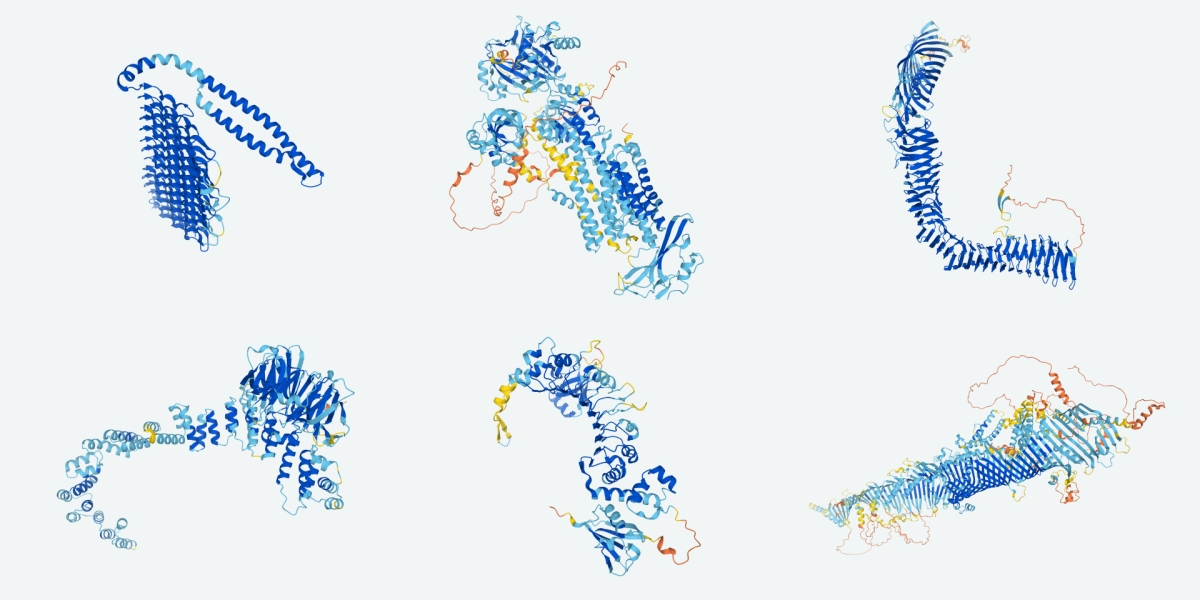
AI and the End of the Human Writer
The most nauseating, addictive thing about writing is the uncertainty—and I don’t mean the is-anyone-reading? or will-I-make-rent? kind. The uncertainty I’m talking about dogs the very act. This business of writing an essay, for instance: Which of ten thousand possible openings to choose—and how to ignore the sweaty sense that the unseen, unconceptualized ten thousand and first is the real keeper? Which threads to tug at, without knowing where they lead, and which to leave alone? Which ideas to pick up along the way, to fondle and polish and present to an unknown reader? How to know what sentence best comes next, or even what word? A shrewd observer will note that I am complaining about the very essence of writing itself, but that has been the long-held privilege of writers—and they enjoyed it in the secure comfort of their uniqueness. Who else was going to do the writing, if not the writers who grouse about writing?
Now along come these language engines, with suspiciously casual or mythopoeic names like ChatGPT or Bard, that suffer not an iota of writerly uncertainty. In what can only be called acts of emesis, they can pour out user manuals, short stories, college essays, sonnets, screenplays, propaganda, or op-eds within seconds of being requested for them. Already, as Naomi S. Baron points out in her book Who Wrote This?, readers aren’t always able to tell if a slab of text came out of a human torturing herself over syntax or a machine’s frictionless innards. (William Blake, it turns out, sounds human, but Gertrude Stein does not.) This unsettles Baron, a linguist who has been writing about the fate of reading for decades now. And it appears to be no lasting consolation that, in some tests, people still correctly recognize an author as artificial. Inexorably, version after version, the AIs will improve. At some point, we must presume, they will so thoroughly master Blakean scansion and a chorus of other voices that their output—the mechanistic term is only appropriate—will feel indistinguishable from ours.























